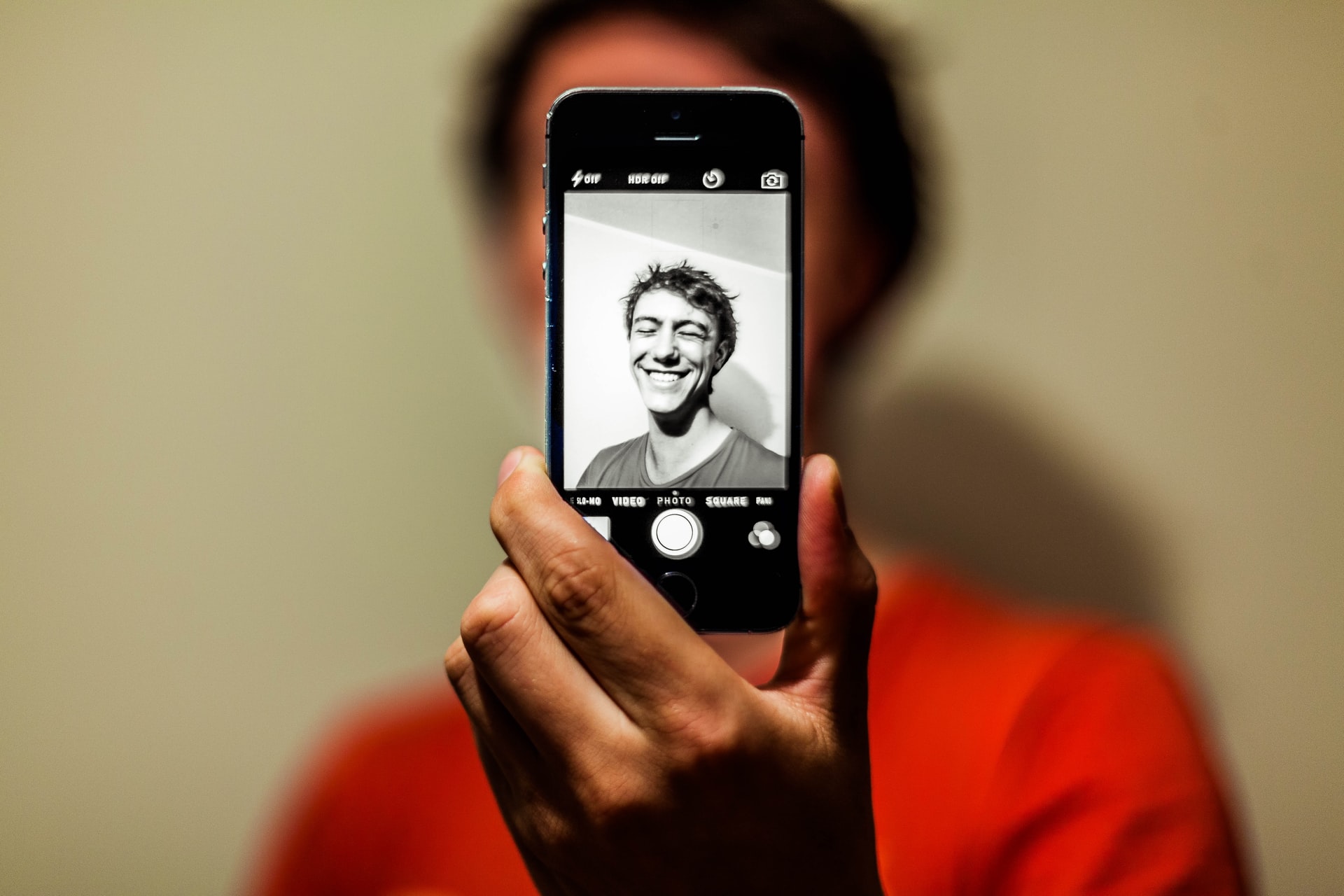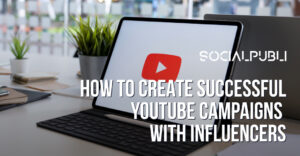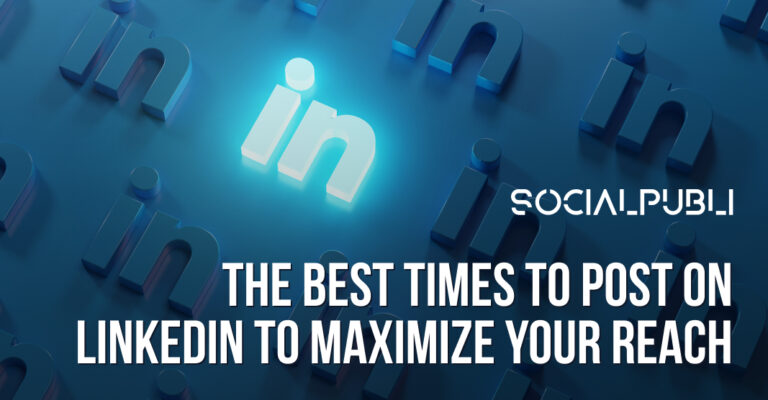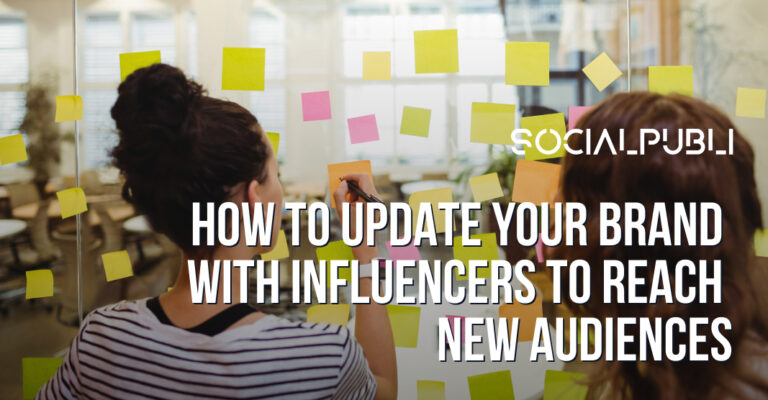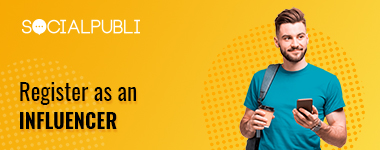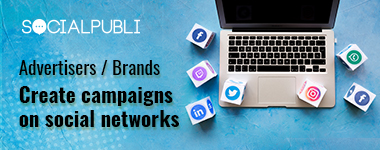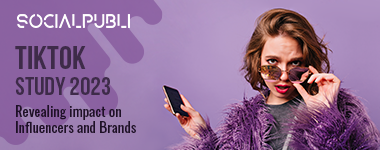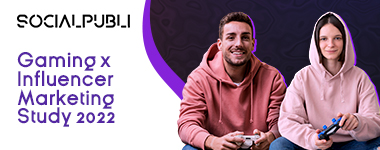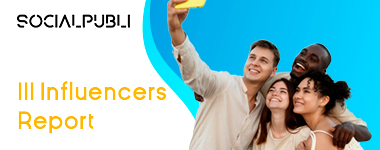Having Influencers in your social media campaigns has become a key factor for nearly every brand. Thanks to this marketing strategy, your business can better reach your target audience in a much more natural and personal way than with traditional advertising. But do you know how an Influencer Agency works?
We all have some influence over the people around us, don’t we? On our social media networks, this is also the case. We trust the effectiveness of a product or service if it’s recommended by someone we trust. Furthermore, if we see the performance or results, our trust in the brand increases significantly.
But how do you get an influencer to promote your brand? There are several factors to consider when choosing a profile. First, you must consider the target audience of the Influencer, as they will be the people receiving information about your brand. This is why it is so important to carry out a good segmentation process.
A profile that mostly talks about fashion is not the same as one that users follow for recipes. The audience that expects to see a video of a recipe or nutritional information will not be very receptive if the Influencer offers a promotional code for a T-shirt. This is where the role of the agency comes in.
In this post we will tell you what Influencer Agencies do, how they work and the process we follow at SocialPubli to put advertisers in touch with the Influencers that best suit their needs.
What do influencer marketing agencies do?
An agency of this type is responsible for designing, creating, executing and managing advertising campaigns with influencers on social media. In other words, it is the link between a brand and the Influencer.
Normally, brands are inexperienced in this type of advertising thus the influencer marketing agency is in charge of offering a strategy and accompanying the brand throughout the campaign process. It is responsible for designing the communication plan according to the objectives which the brand wants to achieve and identifying problems that may arise in order to provide a solution.
All of this seems very simple, but do you know the entire process that takes place up until the Influencer uploads a post with a giveaway or promotional code?
How do influencer agencies work?
First, the agency is responsible for segmenting the profiles it works with by category, age, geographical location, etc. The more segmentation the company does, the more precise the campaigns will be. Directing your campaigns well with a clear idea of who you want your message to reach is one of the most important steps to follow in your marketing strategy with Influencers.
As we said at the beginning of the post, not all people with a certain level of followers reach the same audience. It all depends on several factors. One of the influencing variables is the topic the Influencers deal with in their social media profile. Another factor would be age, as there are Influencers who are primarily followed by Gen Z users, while others target a more Millennial audience.
The type of profile according to the number of followers and the engagement rate are also influential factors. Within these classifications we have nanoInfluencers, with less than 10,000 followers, microInfluencers, from 10,000 to 100,000 and macroInfluencers, with more than 100,000 followers. Finally, there are Celebrity profiles, with over 7 million followers and an engagement of 1.6%.
After the entire segmentation process, the agency must design and develop a marketing strategy according to the brand’s objectives. Common marketing objectives include creating awareness of new products launched in the marketing or reinforcing branding. The campaign strategy can include giveaways, promotional codes, product reviews or event sign-ups. It’s also important to choose the right social media platform to implement the strategy. Instagram is still the queen of most types of campaigns.
As an intermediary between Influencers and the brand, the agency’s task is to facilitate communication and reach an agreement that benefits all parties. The first step is to put emphasis on the Influencer’s role and help the advertiser understand the benefits that a social media campaign will bring to their business.
Once an agreement has been reached, the agency will ensure that communication flows smoothly throughout the process, making it easier for both parties to review and monitor the strategy. The agency should control the creative process of Influencer posts, making sure that the content is in line with the brand’s values. This point is very important because the agency should protect creative control of the content creator.
Once the content is created and approved by the agency and the brand, it is ready to be published. Afterward, the agency will act as an intermediary in payouts as well as the analysis and measurement of the campaign’s success.
As you can see, the use of an agency saves a lot of time and effort in the search and management of influencers for the brand.
How does SocialPubli work?
At SocialPubli, we believe that we can all be influencers. Many brands choose MicroInfluencers to get closer to their target audience, as they have a trusted community. Rather than followers, they have friends and family. In addition, referral marketing is becoming increasingly important, and the simplicity and authenticity of MicroInfluencers is a key aspect. They are much more credible when recommending a product and they do so in a much genuine and personal way.
According to our II Advertiser’s Study from this year, 29.1% of advertisers decide on one profile or another depending on the interaction ratio of the Influencers, with nano and microinfluencers having the highest engagement rate. Thus, the number of followers is less important in relation to this variable and is offset by engagement.
If you are thinking of implementing a marketing strategy with Influencers for your business, at SocialPubli, we offer solutions to manage your strategy while adapting to the needs and objectives of your campaign. We have a database with over 200,000 registered influencers and the necessary technology to develop automated campaigns on all social networks: Facebook, Instagram, Twitter, YouTube, Linkedin, blogs, Twitch and TikTok.
